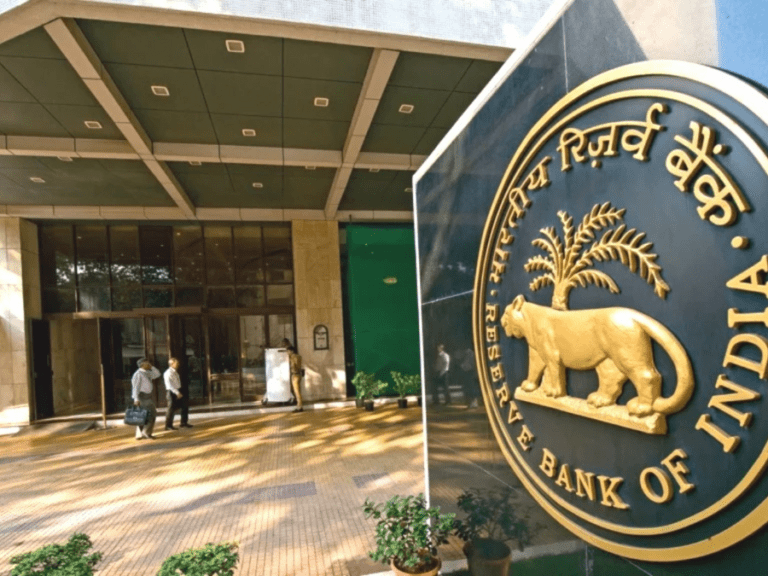Chennai-based fintech startup Paysharp has received final approval from the Reserve Bank of India (RBI) to operate as a Payment Aggregator (PA).
The approval, which was granted on August 30, 2024, follows a license in principle the company received in December 2022.
The final approval places Paysharp among the 36 PAs approved by the RBI, which also includes major players like Razorpay, Cashfree and Stripe.
Merchant Integration
With the RBI’s permission, Paysharp can now onboard merchants and officially participate in the Indian payment ecosystem.
The startup primarily focuses on non-card-based payment solutions, offering services like Unified Payments Interface (UPI) and virtual account-based collections for NEFT, IMPS and RTGS transactions.
Paysharp’s services cater to various sectors including government, B2B enterprises, non-banking financial companies (NBFCs), small and medium enterprises (SMEs) and the emerging e-commerce sector.
Unlike other aggregators that charge percentage-based fees, Paysharp offers a flat-rate pricing model to provide a more cost-effective solution for businesses, especially those with high-volume transactions.
Innovative product offerings
Paysharp has developed innovative products such as Link Payment and Payment Pages, which are powered by UPI.
The payment link feature allows merchants to create and send payment links to customers via platforms such as WhatsApp, SMS or email, facilitating quick payments.
On the other hand, payment pages allow merchants to create customizable pages to accept payments directly from customers.
In addition to this, Paysharp also provides branded UPI IDs, dynamic QR code generation and solutions tailored to Bharat Bill Payment System (BBPS), specifically for B2B bill collections.
Management Comments
Commenting on the final approval from the RBI, Krishna Kumar Mani, Co-Founder and CEO, Paysharp, said, “It is a great pride to be a part of the Indian payment system. We understand the value and responsibility of authorisation, and will continue to provide simple and secure payments to businesses at a flat rate, an alternative to percentage-based pricing.”
Mani also highlighted that the license will enable the company to expand its operations and extend its reach in the Indian fintech space.

